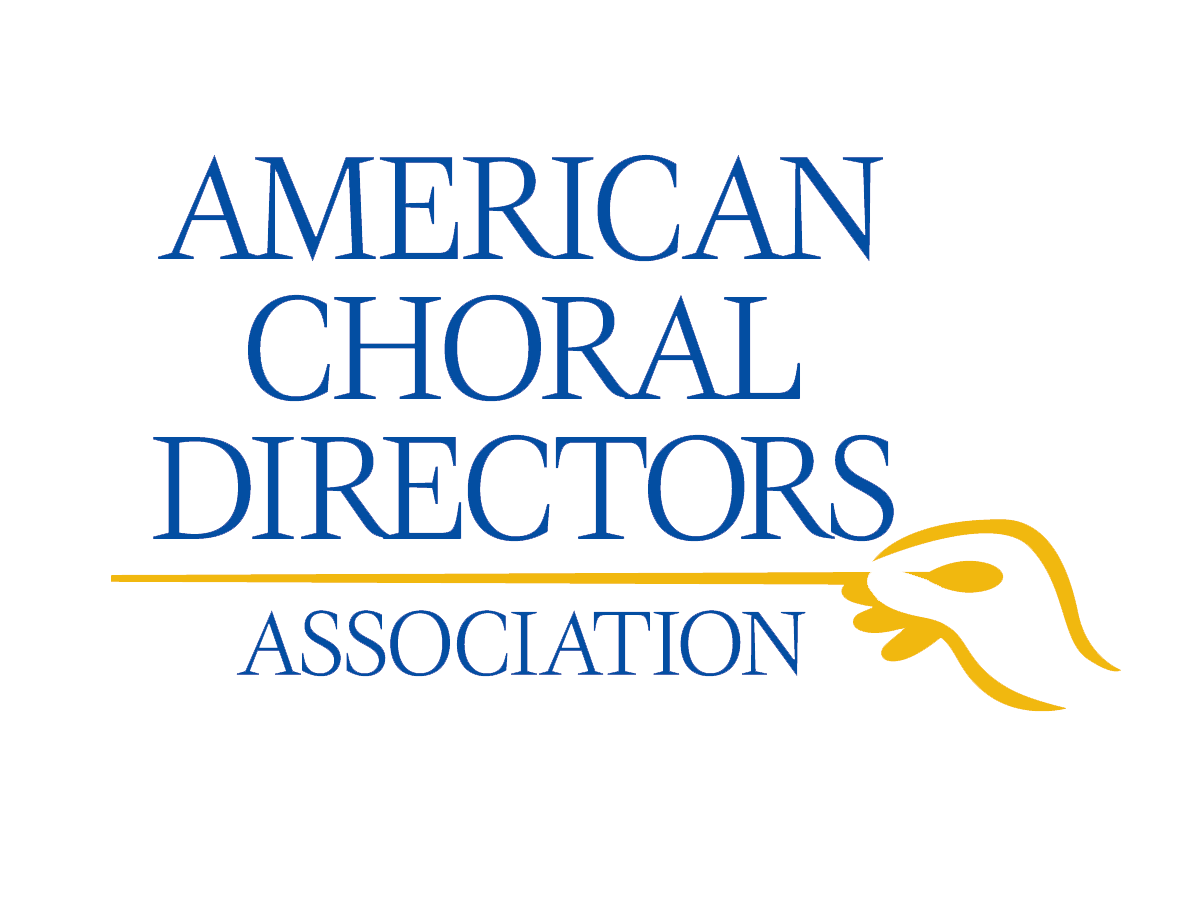Almost every state deals with a situation where K-12 choral teachers “must” join their state NAfME chapter in order to enter their students in state competitions and honor choirs, and fewer districts now pay for two, or even one, professional association. Still, at any given time, about half of ACDA membership is K-12 teachers, and those teachers find ACDA membership hugely beneficial.
Is your state interested in bringing in more K-12 choral educators? If you are not a K-12 educator yourself, the following talking points may help you understand more about where these choral professionals are coming from. We’re grateful to the many educators who helped us develop them!
- ACDA focuses on excellence in choral music education, performance, composition, and advocacy, as opposed to more general music organizations. Members inspire each other and recognize quality choral work in their colleagues. As ACDA and NAfME member Stacy Winn Brown notes, “The fact that ACDA is just for choirs means it brings a higher level of expertise and quality to it’s members. Conferences and workshops are way better because of that focus and quality.”
- The quest for new repertoire and inspirational programs is eternal. ACDA sponsors and provides many, many ways for members to access new, vetted music – online communities, conferences, repertoire and standards committees, and more. NEW: ACDA members automatically have global privileged access to Musica International, an international virtual choral library.
- A choir teacher is often the only choral professional in their school. Peer support and communication with others who share their passion and challenges can be invaluable. Conferences, meetings, and ChoralNet all offer ways for busy teachers to connect.
- Most teachers complete professional development activities on an annual basis. National and region ACDA conferences, and even some state conferences, offer professional development hours and graduate credit for certain conference activities.
- While Choral Journal regularly offers articles and columns pertinent to the interests of classroom-based choral teachers (including recently, three issues features “Advice for the First-Year Choral Teacher”), ChorTeach – an online journal published quarterly – always does.
- Lodestar: The ACDA Mentoring Program– a program open and free to Active, Life, Retired, and Student members – offers choral teachers a wonderful resource to help them in the never-ending task of learning and growing professionally. Choral teachers are invited to consider serving both as a mentor, a mentee, or both.
- Whether teachers are looking for a new position, or just want to keep an eye on the opportunities around them, the ACDA Career Center is where choral conductors meet choral conducting positions.
- Choral teachers who are ACDA members tell us that ACDA is the one association that they join just for themselves. Day in and day out teachers do things to benefit their students. Being part of a professional association dedicated to choral conducting renews them (and makes them better choral teachers).
Tip: Because some states and districts have cut back on the professional development opportunities they offer, they are in turn more willing to fund dues for professional associations that offer professional development to their members – like ACDA!


